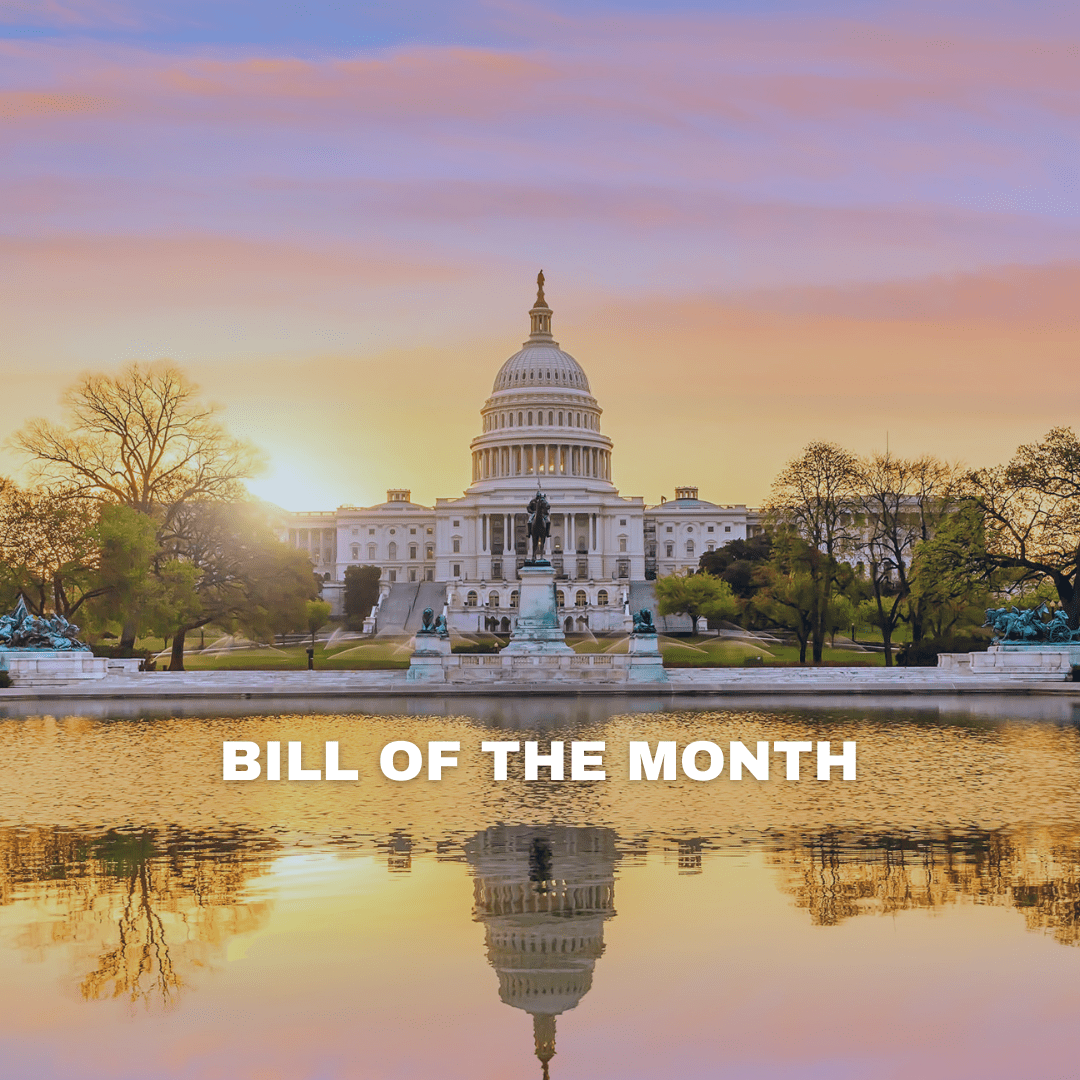
February Federal Bill of the Month – S. 713/H.R. 1579 – Broadband Buildout Accountability Act
Taxpayers Protection Alliance
February 26, 2025
Sponsors: Sens. Rick Scott (R-Fla.), John Barrasso (R-Wy.), Marsha Blackburn (R-Tenn.), John Curtis (R-Utah), Dan Sullivan (R-Alaska), Roger Wicker (R-Miss.), and Todd Young (R-Ind.); Reps. August Pfluger (R-Texas), Buddy Carter (R-Ga.), Neal Dunn (R-Fla.), Troy Balderson (R-Ohio), Randy Weber (R-Texas), and Russ Fulcher (R-Idaho).
713/H.R. 1579 – Broadband Buildout Accountability Act
The Broadband Buildout Accountability Act, reintroduced by Sen. Rick Scott (R-Fla.) and Rep. August Pfluger (R-Texas), alongside a diverse group of members, would make the actions or decisions of the National Telecommunications and Information Administration (NTIA) on the Broadband Equity, Access, and Deployment (BEAD) Program subject to the Freedom of Information Act (FOIA).
Given NTIA’s delays, negligence towards low-cost alternatives, and choice to preference wasteful Government-Owned Networks (GONs), it is critical that more oversight be applied to BEAD. As funding projects begin, billions of taxpayer dollars will be sent out. The Broadband Buildout Accountability Act strongly promotes transparency by subjecting BEAD to clear FOIA standards. This will allow interested parties to request information on grants within the program.
It is for these reasons, among others, that TPA is pleased to make the Broadband Buildout Accountability Act its Bill of the Month for February 2025.
Background:
The BEAD Program was designated $42.5 billion as a part of the $65 billion authorized for broadband infrastructure under the Infrastructure, Investment and Jobs Act (IIJA, P.L. 117 58). BEAD is a federal grant program that funds partnerships between states, communities, and stakeholders to build high speed internet infrastructure. All states and territories are eligible for funding. There are a number of eligible uses for grants. A recipient may plan for the deployment of high-speed Internet, including conducting research, collecting data, outreach, and training. Others may deploy or upgrade internet in unserved or underserved areas – or improve service to community anchor organizations. Installing internet and Wi-Fi in multi-unit residential buildings is another potential use. Funding can also be used for digital equity programs and workforce training.
Since featuring this legislation as our August 2023 Federal Bill of the Month, BEAD’s problems have only gotten worse. While all states have had their initial proposals approved, only Delaware, Louisiana and Nevada have submitted their final proposals. The full rollout of funds remains delayed. Further, BEAD preferences expensive deployment options, such as fiber, when more cost-effective methods, like low Earth orbit (LEO) satellites could function similarly.
NTIA has also continued to give favorable treatment to government owned networks (GONs). As the Taxpayers Protection Alliance has extensively documented, in our “GON with the Wind” (2020) and “GON with the Wind II” (2023) reports, GONs have a poor track record for taxpayers, failing to deliver on promises, harming community credit ratings, and leaving taxpayers on the hook for mounting losses.
